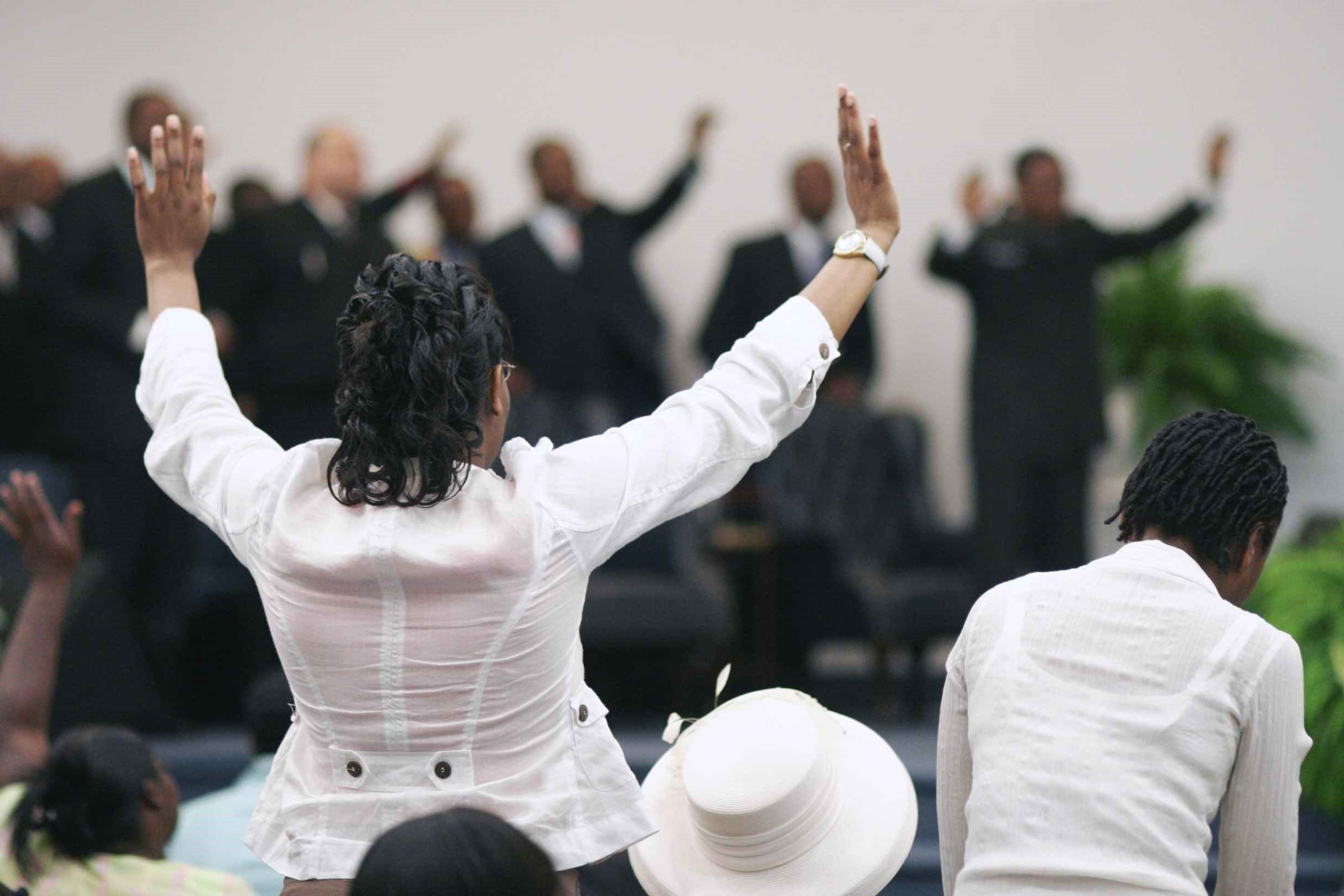
Ever wondered why some churches worship on Saturday instead of Sunday? The Sabbath in Seventh-Day Churches is a fascinating topic with deep historical roots and spiritual significance. These churches, including Seventh-day Adventists, believe that Saturday is the true Sabbath, a day of rest and worship as commanded in the Bible. This belief sets them apart from many other Christian denominations. Understanding the reasons behind this practice can offer insight into their faith and traditions. From biblical commandments to modern-day practices, the Sabbath holds a special place in the hearts of millions. Let's dive into 25 intriguing facts about the Sabbath in Seventh-Day Churches that might just surprise you!
Origins of the Sabbath
The Sabbath is a significant aspect of Seventh-Day churches, rooted deeply in history and tradition. Here are some fascinating facts about its origins and early practices.
- The Sabbath originates from the Hebrew word "Shabbat," meaning to rest or cease.
- Ancient Israelites observed the Sabbath as a day of rest and worship, as commanded in the Ten Commandments.
- The concept of the Sabbath is first mentioned in the Bible in the Book of Genesis, where God rested on the seventh day after creating the world.
- Early Christians initially observed the Sabbath on Saturday, following Jewish customs.
- The shift from Saturday to Sunday worship in many Christian denominations began in the 4th century under Roman Emperor Constantine.
Sabbath in Seventh-Day Adventist Church
Seventh-Day Adventists are one of the most well-known denominations that observe the Sabbath on Saturday. Here are some key facts about their practices and beliefs.
- Seventh-Day Adventists believe the Sabbath should be observed from Friday sunset to Saturday sunset.
- They emphasize the importance of rest, family time, and spiritual reflection during the Sabbath.
- Adventists refrain from secular work and activities on the Sabbath, focusing instead on worship and community service.
- The church holds special Sabbath services, including Bible study, sermons, and prayer.
- Adventists view the Sabbath as a symbol of God's creation and a reminder of His covenant with humanity.
Sabbath Practices in Other Seventh-Day Churches
While Seventh-Day Adventists are prominent, other denominations also observe the Sabbath on Saturday. Let's explore some of their unique practices.
- The Seventh Day Baptist Church, established in the 17th century, is one of the oldest Sabbath-keeping Christian denominations.
- Seventh Day Baptists emphasize individual freedom in interpreting the Bible and observing the Sabbath.
- The Church of God (Seventh Day) traces its roots to the Millerite movement of the 19th century and also observes the Sabbath on Saturday.
- The United Church of God, an offshoot of the Worldwide Church of God, continues to observe the Sabbath on Saturday.
- The Hebrew Roots Movement encourages Christians to return to the original practices of the early church, including Sabbath observance.
Cultural and Global Impact of the Sabbath
The Sabbath has influenced various cultures and societies around the world. Here are some interesting facts about its global impact.
- In Israel, the Sabbath is a national day of rest, with businesses and public transportation shutting down from Friday sunset to Saturday sunset.
- Many Seventh-Day churches around the world hold Sabbath services in local languages, reflecting the diversity of their congregations.
- The Sabbath has inspired various cultural traditions, such as the preparation of special meals and family gatherings.
- In some countries, Sabbath observance has led to legal protections for workers who wish to rest on Saturday.
- The global Seventh-Day Adventist Church operates numerous schools, hospitals, and humanitarian organizations, often emphasizing Sabbath principles in their work.
Modern Challenges and Adaptations
As society evolves, Seventh-Day churches face new challenges and adaptations in observing the Sabbath. Here are some contemporary facts.
- Technology has both helped and hindered Sabbath observance, with some using it for virtual worship while others struggle to disconnect.
- Many Seventh-Day churches offer online services and resources to accommodate members who cannot attend in person.
- The rise of secularism and changing work patterns have made it more challenging for some to observe the Sabbath.
- Some Seventh-Day Adventists advocate for "Sabbath justice," addressing social issues like poverty and inequality in line with Sabbath principles.
- Despite challenges, the Sabbath remains a cornerstone of faith and practice for millions of Seventh-Day church members worldwide.
Final Thoughts on Sabbath in Seventh-Day Churches
Understanding the Sabbath in Seventh-Day Churches offers a glimpse into a unique aspect of faith. Observing the Sabbath from Friday sunset to Saturday sunset, these churches emphasize rest, worship, and community. This practice, rooted in the Fourth Commandment, reflects a commitment to biblical principles and a distinct identity within Christianity.
The Sabbath isn't just a day off; it's a time for spiritual renewal and connection with God. From Seventh-Day Adventists to Seventh-Day Baptists, each group brings its own traditions and interpretations, enriching the broader Christian tapestry.
Learning about these practices can foster greater respect and understanding among different faith communities. Whether you're part of a Seventh-Day church or just curious, the Sabbath offers valuable lessons on rest, reflection, and faith.
Was this page helpful?
Our commitment to delivering trustworthy and engaging content is at the heart of what we do. Each fact on our site is contributed by real users like you, bringing a wealth of diverse insights and information. To ensure the highest standards of accuracy and reliability, our dedicated editors meticulously review each submission. This process guarantees that the facts we share are not only fascinating but also credible. Trust in our commitment to quality and authenticity as you explore and learn with us.


